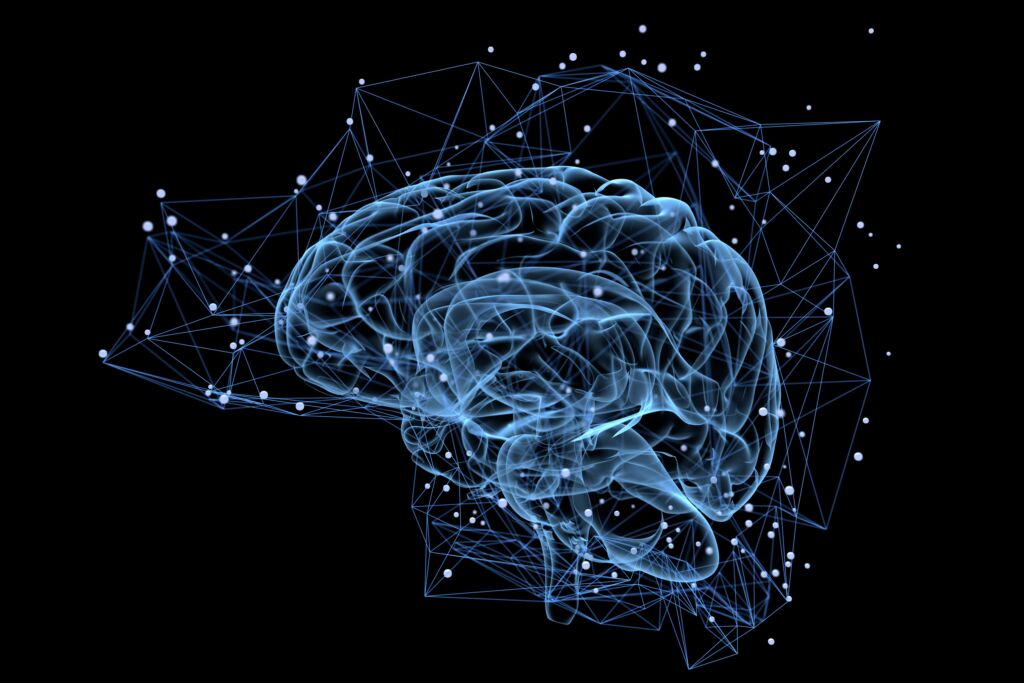How Exercise Enhances Mood and Mental Well-Being

There are countless physical and mental benefits of exercise. In a world that often feels like a whirlwind of responsibilities, stressors, and constant connectivity, prioritizing mental well-being has become more important than ever. While various methods can contribute to a healthier mind, one of the most powerful and accessible tools is exercise. The link between exercise, enhanced mood, and mental well-being has been widely recognized, and science continues to unveil the remarkable benefits that physical activity can have on the mind.
We are still uncovering the full extent of the benefits of exercise. We do know that there are profound mental and physical benefits from movement.
The Science Behind The Benefits of Exercise
The connection between exercise and mental health might seem intuitive, but the science behind it provides a deeper understanding of the intricate processes at play. Engaging in physical activity prompts the brain to release a cascade of neurotransmitters, including endorphins, dopamine, and serotonin. These chemicals play pivotal roles in regulating mood, pleasure, and stress levels.

Endorphins, often referred to as “feel-good” hormones, are natural painkillers that induce feelings of euphoria and happiness. Dopamine, on the other hand, is associated with reward and pleasure. Serotonin, another neurotransmitter influenced by exercise, plays a crucial role in maintaining emotional balance and regulating mood. When you engage in regular exercise, these neurotransmitters are released in greater quantities. As a result, this leads to an overall improvement in mood.
Explore our range of class offerings here: https://daniel-gracie.com/programs/
Stress Reduction and Anxiety Management
In today’s fast-paced world, chronic stress and anxiety have become widespread concerns. Exercise acts as a powerful antidote to these issues by reducing the levels of stress hormones. At the same time, exercise simultaneously promotes the release of endorphins. This biochemical response helps to counteract the negative effects of stress on both the body and the mind. It is one of the most commonly referenced benefits of exercise.

Regular physical activity also offers an opportunity to engage in mindfulness. Whether you’re practicing yoga, going for a run, or even lifting weights, focusing on your body’s movements and sensations can divert your attention from the sources of stress. This diversion allows your mind to rest and reset. Generally, this helps to effectively managing anxiety and promoting a sense of calm.
The Role of Neuroplasticity

The human brain possesses a remarkable ability known as neuroplasticity, which refers to its capacity to reorganize and adapt by forming new neural connections. Exercise has been found to significantly contribute to the promotion of neuroplasticity, which, in turn, aids in improving cognitive functions such as memory, learning, and problem-solving.
When you exercise, the brain releases a protein called brain-derived neurotrophic factor (BDNF). BDNF supports the growth and maintenance of neurons, enhancing their ability to communicate and adapt. This process is particularly beneficial in combating cognitive decline and reducing the risk of neurodegenerative diseases, such as Alzheimer’s.
It’s important to incorporate exercise into your life for your current and future self.
Elevating Self-Esteem and Confidence
A positive self-image and healthy self-esteem are essential components of mental well-being. Regular exercise can help you achieve both. When you engage in physical activity and witness your progress, whether it’s lifting heavier weights, running longer distances, or achieving new yoga poses, your sense of accomplishment translates into improved self-confidence. Setting and achieving fitness goals allows you to experience a tangible sense of achievement, reinforcing the belief that you are capable of overcoming challenges.
Social Interaction and Community Building

Humans are inherently social beings, and fostering connections with others is vital for mental health. Exercise can provide a platform for social interaction and community building, whether through group fitness classes, sports teams, or virtual workout challenges. These interactions alleviate feelings of isolation, boost mood, and provide a support system during both triumphs and setbacks.
Sustainable Lifestyle Changes for Long-Term Benefits
While a single workout session can lead to immediate mood enhancement, the long-term benefits of regular exercise are transformative. Incorporating physical activity into your daily routine can establish a positive cycle: improved mood and mental well-being encourage consistent exercise, while regular exercise continues to enhance your overall mental state.
To reap these benefits, it’s important to find forms of exercise that you enjoy. Whether it’s dancing, cycling, swimming, yoga, or practicing martial arts, choosing activities that bring you joy will increase the likelihood of maintaining a sustainable routine. Remember that even small amounts of physical activity can make a difference; finding pockets of time throughout your day to move your body can result in noticeable improvements in mood and mental well-being.

In a world where the demands on our mental health are substantial, prioritizing strategies that promote well-being is essential. Exercise, with its remarkable ability to enhance mood, reduce stress, and improve cognitive functions, stands as a powerful tool in our arsenal against the challenges of modern life. By recognizing the profound connection between physical activity and mental health, you can embark on a journey to a happier, more balanced, and resilient self. So, lace up your sneakers, stretch those muscles, and take a step towards a healthier mind through the magic of movement. Your body and mind will thank you for it.
